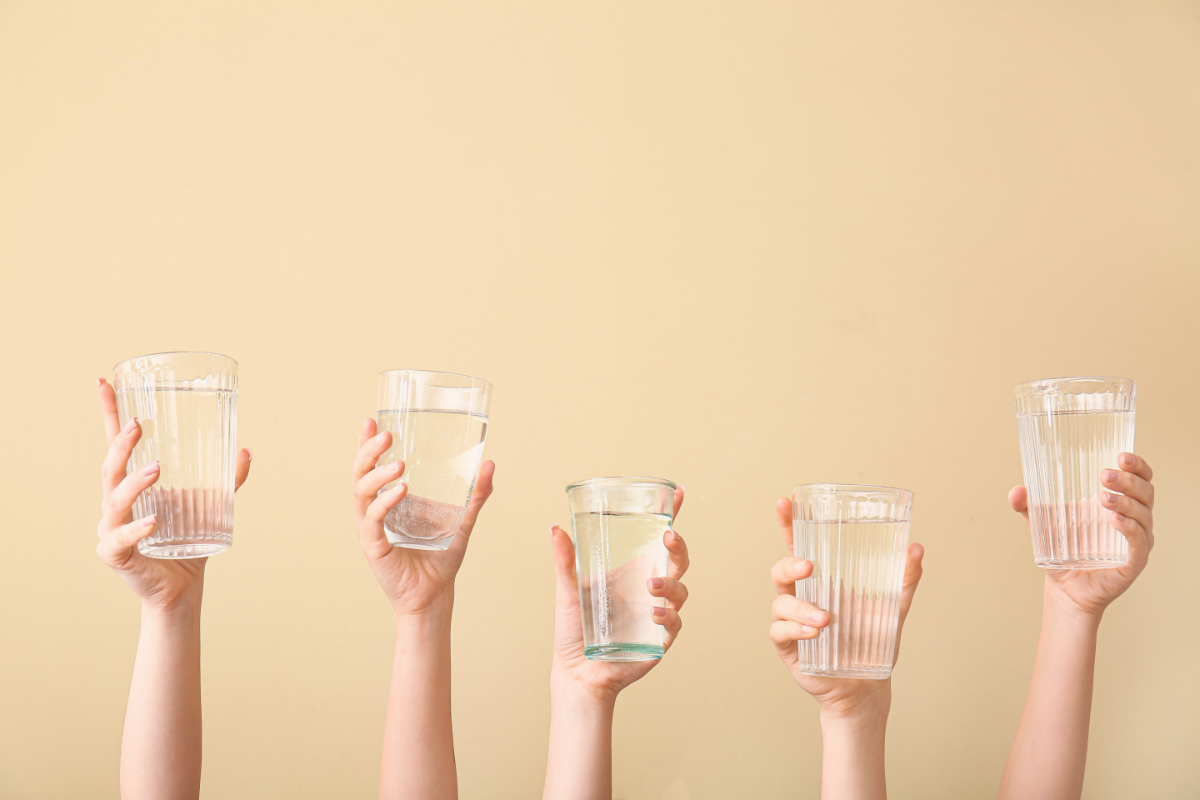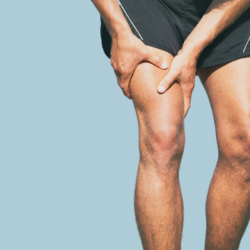In these sunny days at difficult to sustain temperatures, staying hydrated is the first health advice given. If we insist so much during the summer season on the hydration of organisms, it is because the risks involved are unfortunately known and too frequent.
So it is especially of young children and the elderly that we think first. Both do not have or no longer have the ability to effectively meet the water needs of their bodies. The former, in fact, cannot yet verbalize it or do not always have the reflex to hydrate, while the latter have lost over time the sensation of thirst, regulated by the hypothalamus.
Why hydrate well ?
However, it is in all seasons that we must “hydrate well” and it is clear that chronic dehydration is an unrecognized ailment from which our bodies suffer insidiously.
The harm of underhydration is in fact supported by a lot of research. The work of Dr. Batmanghelidj, author of Your Body Calls for Water, is particularly enlightening on the subject.
In his book, he demonstrates how many of our illnesses are simply rooted in a lack of water.
Fatigue, constipation, gastric and digestive disorders, hypertension and hypotension, respiratory disorders, excess weight, eczema, urinary system infections, rheumatism, excess bad cholesterol, premature aging are all imbalances that may be linked to chronic dehydration.
More generally, and in all naturopathic logic, the lack of water leads to acidification of the land for two reasons :
- Good hydration allows good enzymatic functioning, guaranteeing the completion of biochemical transformations in our body.
- The emunctory organs responsible for eliminating acids (skin and kidney) need water for their function.
Acid-base balance is a pillar of a healthy body :
Considering its presence in our body, we can easily understand that water is a fundamental element for our health.
Water performs countless vital functions :
- Nutrient transport
- Hydration and cellular communication
- Breathing (by humidification of oxygen)
- Damping at the joints
- Regulation of thermogenesis
- Elimination of toxins
- Hydro-electric balance
- etc.
Hydration as a major health gesture is underestimated
But be careful, staying hydrated isn’t just about drinking. It is about how much and more importantly what to drink.
It is considered that one liter of water for every 30 kilograms of body weight is needed daily, or 2 liters for a 60 kilogram person. This “standard” must be adjusted according to the climate, humidity, altitude, lifestyle and activity of the individual, and their state of health.
Knowing that we lose an average of 2.5 L of fluids per day (sweat, urine, stools, exhalation), their renewal is essential (through the absorption of liquids and solids).
A good habit to take, and to keep !
- Prefer to drink away from meals (at least 20 minutes before ingestion of food, and at least an hour after a meal, preferably two or even three). Drinking too much during meals weakens the activity of digestive enzymes, while drinking after meals causes stomach contents to flow out before digestion.
- Drinking in quantity in the morning on an empty stomach is a good reflex to cleanse the intestines and prepare the stomach for solid food.
- Drink at room temperature or even slightly cool, but not cold so as not to inhibit enzyme secretion in the stomach.
- You can add a quarter of a teaspoon of sea salt per liter of water to keep it in the body.
- Eliminate or reduce the consumption of diuretics as much as possible, (unfortunately very popular with a female audience at war with extra pounds!). Caffeine and alcohol dehydrate, so do sodas and other heavily sweetened drinks rich in all kinds of additives.
- Take regular hydration breaks: one glass of water an hour is a good way to keep from becoming dehydrated.
It remains to be seen which water to drink: The subject is vast and the debates numerous. From the point of view of optimizing the elimination functions of the body, the most favorable waters are weakly mineralized spring waters. Unfortunately, the consumption of bottled water on the market raises other problems (toxic components contained in the plastic, cost, waste, etc.)
Tap water has too many drawbacks as a satisfactory hydration drink.
So drink in quantity, regularly, by choosing your water !
Delphine L., naturopathe







